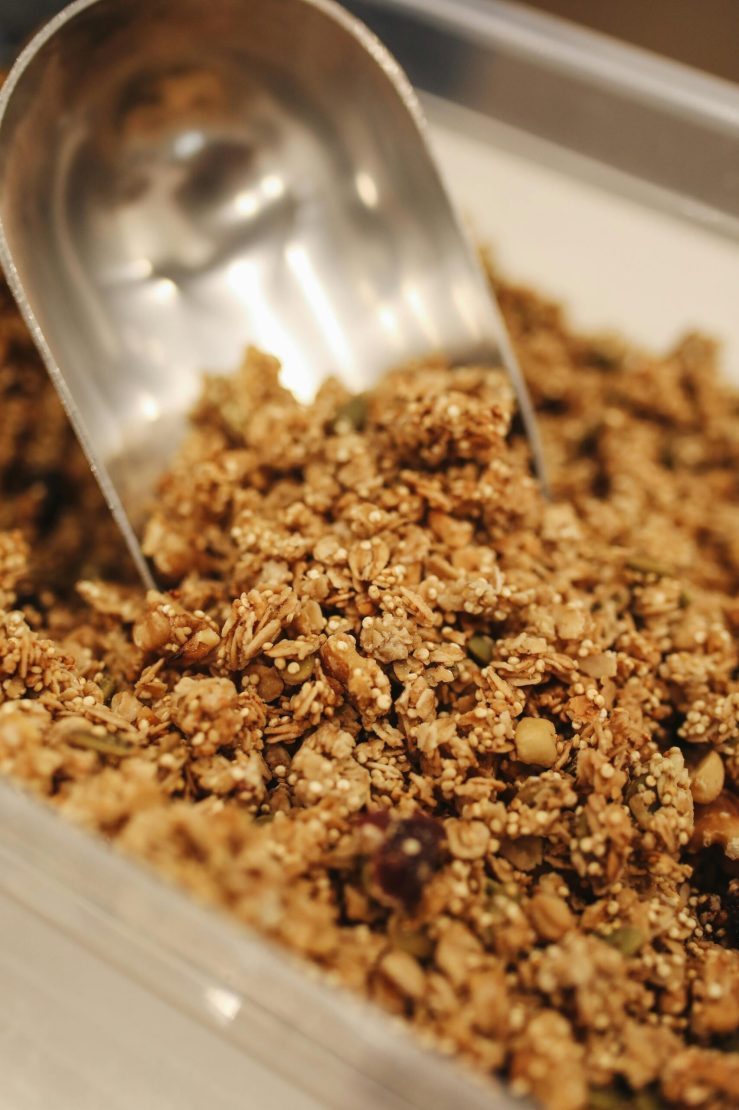When talking about immune boosters, most people jump straight to vitamin C or zinc. But there’s another powerful ally in your body’s defense system that often gets overlooked: Vitamin E. This fat-soluble antioxidant plays a crucial role in protecting your cells, maintaining skin health, and enhancing immune response. In this blog, we’ll explore how vitamin E strengthens immunity, where to find it naturally, and how to integrate it into your diet for long-term health.

What is Vitamin E?
Vitamin E is not a single compound, but a group of eight fat-soluble compounds—including tocopherols and tocotrienols—that have potent antioxidant properties. Among these, alpha-tocopherol is the most biologically active and commonly used form in supplements.
It is primarily stored in fat tissues and cell membranes, where it protects polyunsaturated fatty acids from oxidation, thereby preserving the integrity of cells throughout the body.
How Vitamin E Supports the Immune System
1. Antioxidant Defense
Vitamin E neutralizes free radicals, the unstable molecules produced during metabolic processes or introduced through pollution, smoking, and UV exposure. These radicals can damage immune cells, weakening your body’s ability to fight pathogens.
✅ Fact: Oxidative stress impairs the function of immune cells like T-cells and macrophages. Vitamin E reduces this stress, allowing your immune system to function at full capacity.
2. Enhancement of T-Cell Activity
Vitamin E is particularly vital for T-lymphocytes, which are white blood cells that detect and destroy infected or cancerous cells. Studies show that vitamin E supplementation enhances T-cell-mediated immunity, especially in the elderly.
3. Regulation of Cytokine Production
Cytokines are signaling molecules that help regulate immunity and inflammation. Vitamin E modulates the production of pro-inflammatory cytokines, ensuring that immune responses are effective without becoming excessively damaging (as seen in autoimmune or chronic inflammatory conditions).
4. Supports B-Cell Antibody Production
Vitamin E also aids B-cells, which are responsible for producing antibodies. A robust antibody response is critical for defending against bacterial and viral infections.
Vitamin E Deficiency and Immune Impairment
While true vitamin E deficiency is rare, low levels are more common in people with fat-malabsorption disorders, like Crohn’s disease or cystic fibrosis. Deficiency may lead to:
- Poor wound healing
- Muscle weakness
- Vision problems
- Increased susceptibility to infections
Elderly individuals are particularly at risk for deficiency-related immune decline, which makes supplementation or dietary focus more important with age.
Natural Sources of Vitamin E 🥦🥜
You can boost your Vitamin E intake naturally by including these foods in your daily diet:
- Sunflower seeds – One of the richest sources of vitamin E
- Almonds – A handful daily supports skin and immune health
- Hazelnuts – Delicious and antioxidant-rich
- Spinach (cooked) – A great leafy source of vitamin E and iron
- Avocados – Creamy, heart-healthy, and vitamin E-rich
- Wheat germ oil – Among the highest sources of natural vitamin E
- Kiwi – A refreshing fruit packed with vitamin E and vitamin C
- Olive oil – A healthy fat that enhances vitamin E absorption from meals
💡 Tip: Since vitamin E is fat-soluble, always pair it with a small amount of healthy fat for better absorption.
Recommended Daily Intake
The Recommended Dietary Allowance (RDA) for Vitamin E (as alpha-tocopherol) is:
- 15 mg (22.4 IU) per day for adults
- Slightly more for lactating women: 19 mg
While it is generally safe, extremely high doses of vitamin E supplements (above 1000 mg/day) may lead to bleeding risks or interfere with vitamin K.
Can Vitamin E Help Prevent Infections?
Current research indicates that vitamin E supports resistance to respiratory infections, particularly in elderly populations. A study in the Journal of the American Medical Association found that older adults taking vitamin E had a 20% lower risk of upper respiratory infections.
However, vitamin E is not a cure for infections or a substitute for vaccines or medications. It works best as part of a balanced diet and healthy lifestyle to strengthen the immune system over time.
Conclusion: A Silent Guardian of Immunity
Vitamin E may not always take the spotlight, but its role in maintaining immune health is undeniable. By protecting cells from oxidative damage, supporting immune cell function, and reducing inflammation, this essential nutrient acts as a silent guardian for your overall health.
Whether you’re recovering from illness, trying to prevent infections, or simply boosting your wellness, including vitamin E-rich foods in your daily diet is a smart and natural way to reinforce your immune defenses.









